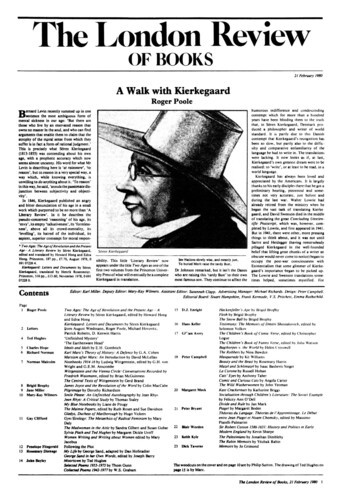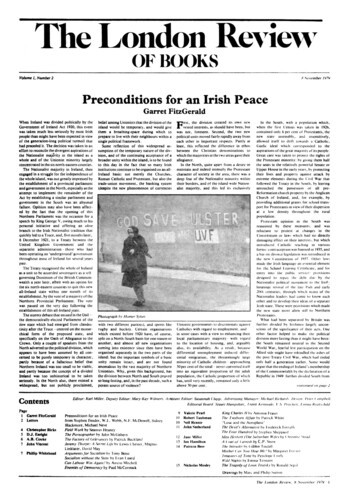Pool of Consciousness
Jane Miller, 21 February 1980
Dorothy Richardson can seem to have conspired with those critics of her vast novel, over 2,000 pages long, who have complained that it is boringly avant-garde, inchoate, and vitiated by what Virginia Woolf called ‘the damned egotistical self’. It was not just perversity which provoked her to court such charges. She set out to write a novel about ‘the startling things that are not important’, and to do so through the experiences of a woman who is evasive, assertive and contrary. She would have agreed, I think, with Francis Bacon, who once said in an interview that he wanted ‘to give the sensation without the boredom of its conveyance. And the moment the story enters, the boredom comes upon you.’ Leslie Fiedler found another kind of boredom in Pilgrimage, one he defended, grudgingly, as ‘a warranty of its commitment to truth and the dull reality we all inhabit’. The notion of a ‘commitment to truth’ is acceptable enough, but the novel’s admirers would find that ‘dull reality’ hard to recognise. The reality of Pilgrimage is full of instances of delight and surprise. It is also necessary to say that admirers of the novel rarely express devotion to its heroine, and they have not found it easy to account for its plot and its themes in ways which are likely to tantalise prospective readers. Dorothy Richardson would have approved of that too.


